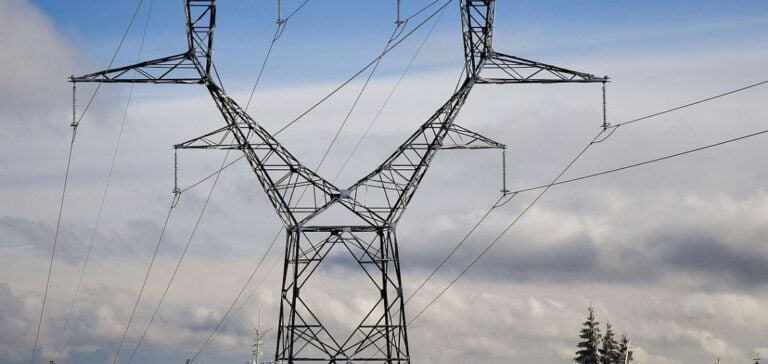France is entering the winter of 2024-2025 with positive prospects regarding electricity supply. The French Transmission System Operator (RTE) has announced a risk level deemed “low,” even in the case of potential strain. According to Jean-Paul Roubin, RTE’s Executive Director of Clients and Power System Operations, the risk is rated 1 out of 5 at the start of the winter. “By the end of the winter, this risk could reach 2 out of 5, a level comparable to last year,” he noted.
A Record for Electricity Exports in Sight
France is also set to achieve a record for net electricity exports over a single year, with a forecast of approximately 85 terawatt-hours (TWh) by the end of December. This outcome is attributed to a notable recovery in production, particularly due to improved nuclear reactor capacities and the strong performance of renewable energy sources.
This success contrasts sharply with the challenges of the 2022-2023 winter when many nuclear reactors were offline due to stress corrosion issues. At that time, electricity consumption had significantly dropped amid high energy prices and calls for energy-saving measures to avoid outages.
Electricity Consumption Stabilizes
On the demand side, RTE observes that electricity consumption in France has stopped declining after a marked drop since 2022. Current data indicates that consumption has plateaued, suggesting a gradual rebound in the coming years. This stabilization reflects the adaptation of households and businesses to higher energy prices and new consumption habits.
For context, the sharp reduction in electricity consumption in 2022 was largely driven by the European energy crisis and collective efforts to limit non-essential use. Now, the situation appears normalized, though the balance between production and demand remains closely monitored.
A Controlled Winter Ahead
RTE emphasizes that, despite these positive projections, maintaining the security of supply depends on mild weather conditions and the absence of major disruptions in the energy system. In the event of exceptional circumstances, adjustments such as temporary electricity imports or calls for reduced consumption may be necessary.






















